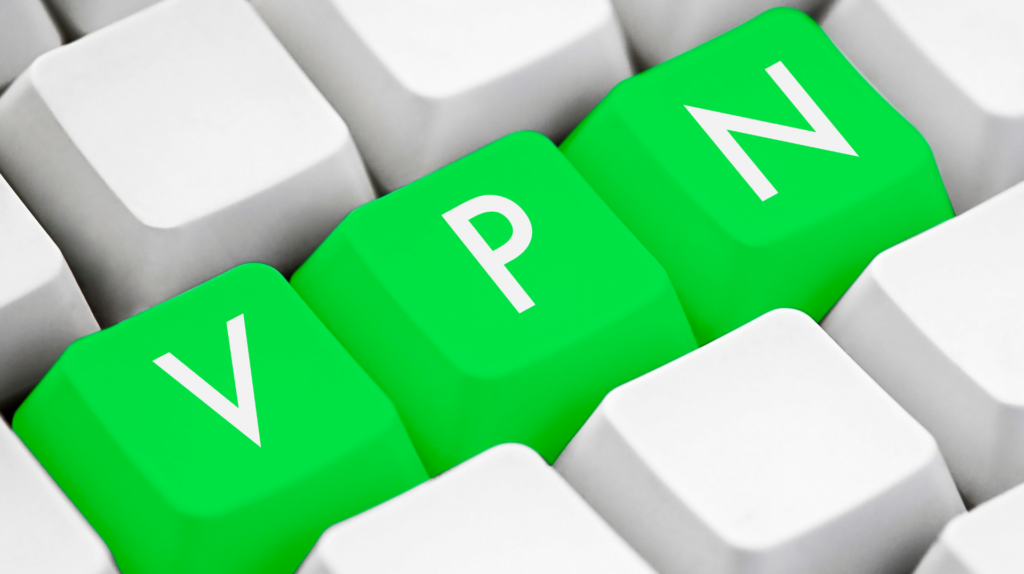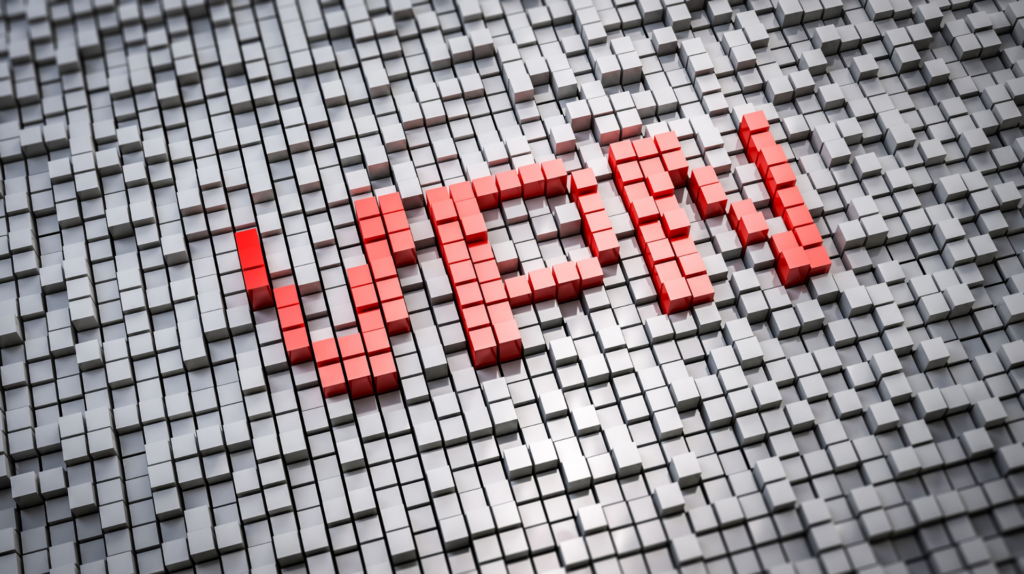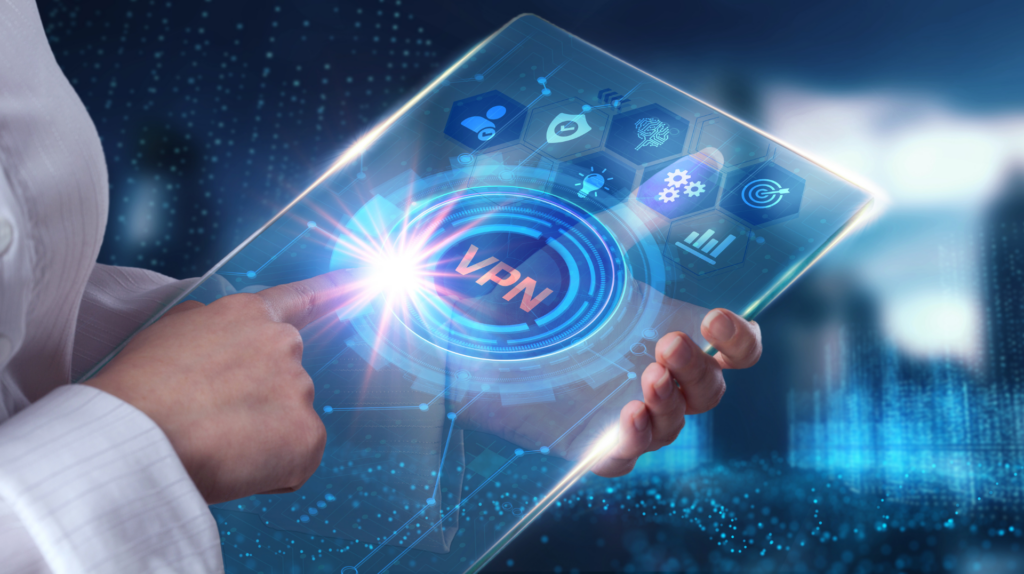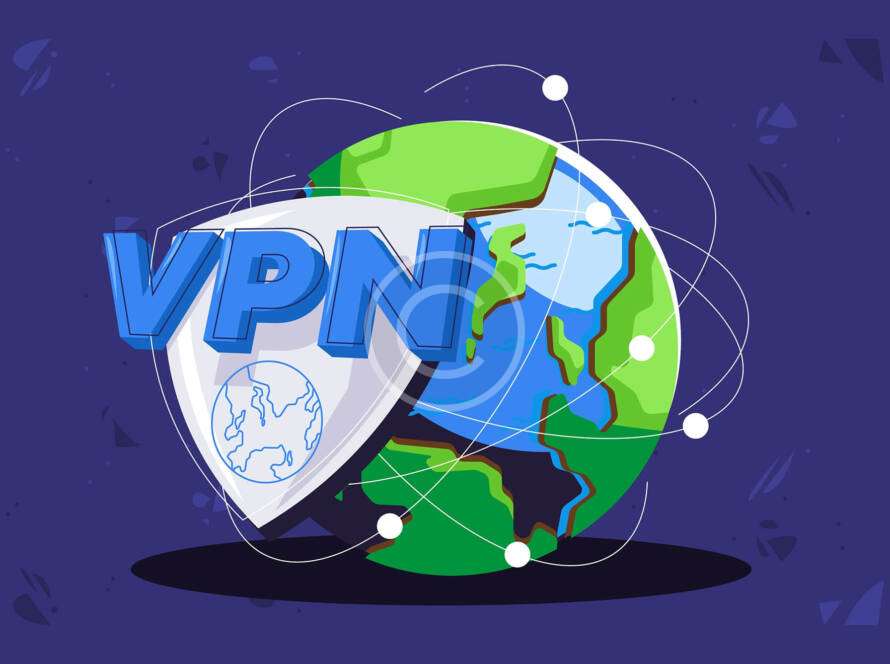In today’s digital landscape, ensuring the privacy and security of your online activities is paramount. Virtual Private Networks (VPNs) have become essential tools for safeguarding internet traffic, protecting sensitive data, and maintaining anonymity. However, not all VPN providers offer the same level of security. Conducting a comprehensive VPN security audit is crucial for assessing your provider’s safety standards. Here’s a guide on how to evaluate the effectiveness and reliability of your VPN service.
1. Understanding the Importance of VPN Security
A VPN encrypts your internet connection, making it difficult for hackers, ISPs, or any other third parties to monitor your online activities. But, if your VPN provider lacks robust security measures, you might still be vulnerable to cyber threats. Therefore, performing a security audit helps ensure that your VPN provider adheres to high safety standards and effectively protects your data.


2. Key Components of a VPN Security Audit
a. Encryption Standards
The core of VPN security lies in its encryption protocols. Verify that your VPN provider uses advanced encryption standards, such as AES-256, which is currently considered unbreakable. Ensure that the VPN supports secure protocols like OpenVPN, IKEv2/IPsec, and WireGuard.
b. No-Log Policy
A reputable VPN provider should have a strict no-log policy, meaning they do not store any information about your online activities. Review the provider’s privacy policy to confirm their commitment to not logging user data. Third-party audits and transparency reports can further validate these claims.
c. Server Security
Assess the security of the VPN servers. Check if the provider uses RAM-only servers, which do not retain data once powered off. This ensures that any stored information is wiped out, reducing the risk of data breaches. Additionally, inquire about the physical security measures implemented at data centers.
d. Leak Protection
A reliable VPN should offer robust leak protection to prevent IP, DNS, and WebRTC leaks. Conduct tests to check for any potential leaks when connected to the VPN. Many online tools are available for this purpose, such as DNS leak tests and IP address checkers.
e. Multi-Factor Authentication (MFA)
Implementing MFA adds an extra layer of security by requiring more than just a password to access your VPN account. Ensure your provider supports MFA to protect your account from unauthorized access.
Lorem ipsum dolor sit amet, consectetur adipisicing elit, sed do eiusmod tempor incididunt ut labore et dolore magna aliqua. Ut enim ad minim veniam, quis nostrud exercitation.
Peter Jackson
3. Evaluating the VPN Provider’s Reputation
a. User Reviews and Feedback
Research user reviews and feedback to gain insights into the reliability and performance of the VPN provider. Look for reviews on independent platforms and forums to avoid biased opinions.
b. Industry Recognition
Check if the VPN provider has received any industry awards or recognition for their security practices. Certifications from recognized security organizations can also indicate a high standard of safety.
c. Incident Response
Investigate how the VPN provider handles security incidents. A transparent provider should promptly notify users about any breaches and take swift action to mitigate risks. Their response to past incidents can give you an idea of their reliability.

Conducting a VPN security audit is essential for assessing your provider’s safety standards and ensuring your online activities remain private and secure. By evaluating encryption standards, no-log policies, server security, leak protection, and more, you can make an informed decision about your VPN provider. Remember, a secure VPN is a cornerstone of your digital privacy, and investing time in a thorough audit can significantly enhance your online security.
Stay vigilant and proactive about your online security. Regularly assess your VPN provider and stay informed about the latest security practices. Your privacy is worth the effort!
Conducting a VPN security audit may seem daunting, but it’s a necessary step to protect your digital life. By following this guide, you can ensure that your VPN provider meets the highest safety standards and offers the protection you deserve.




